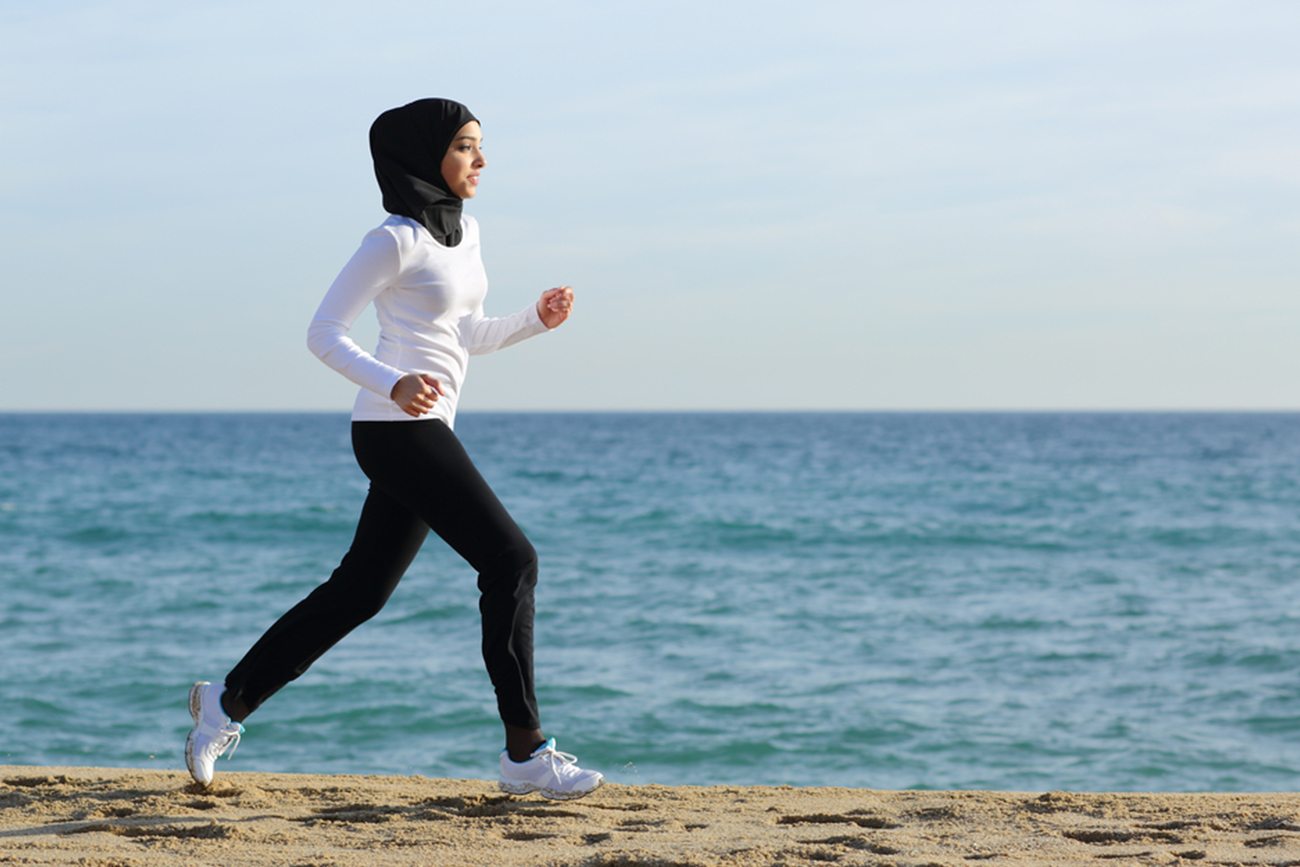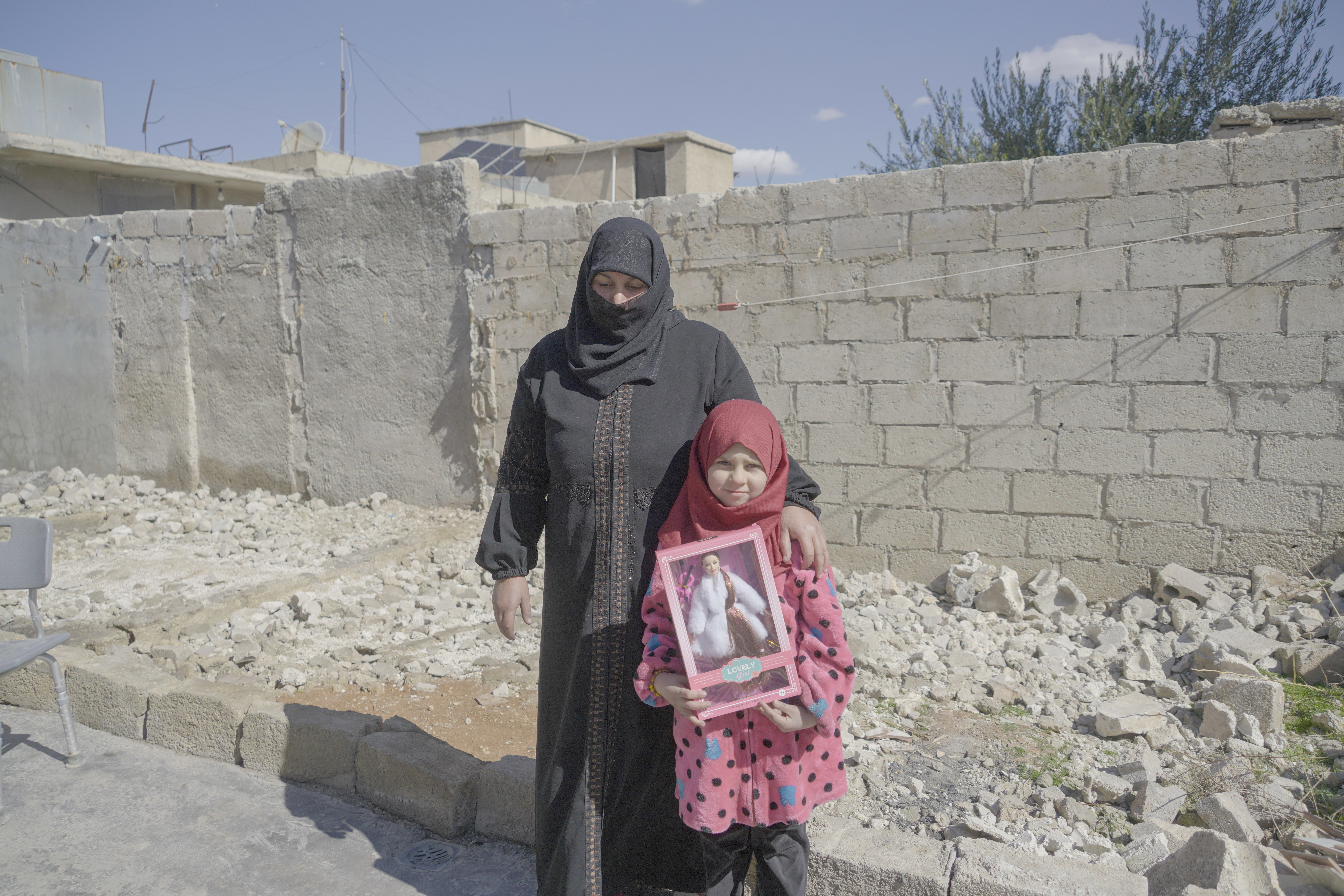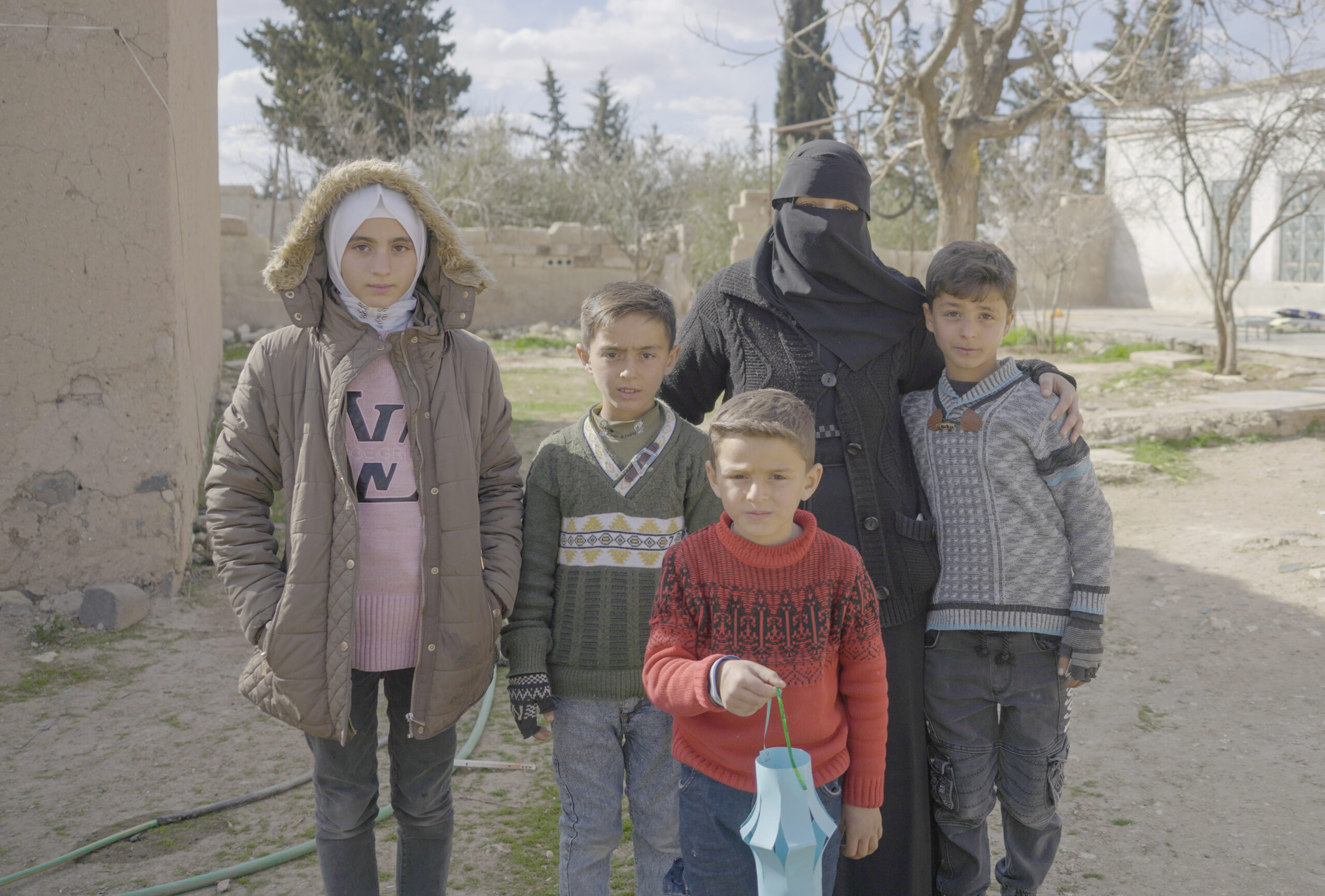
03.31.21
Keeping fit during Ramadan
Keeping fit in Ramadan: For Muslims all over the world, it is almost Ramadan – the holiest time of the year. With less than two weeks to go, most of us have already started to prepare mentally and spiritually, without worrying too much about maintaining a healthy and active lifestyle for the month ahead. In fact, as soon as Ramadan starts, many of us will feel the urge to forgo our workout plans and exercise routines all together. But, with some careful planning and some dedication, this doesn’t have to be the case! In fact, experts agree that fasting and exercising do not have to be mutually exclusive.
How can we fast and exercise?
Have suhoor
Well, as they say breakfast is the most important meal of the day and that applies to Ramadan as well. Make sure you don’t skip suhoor (the pre-dawn meal), even if it’s just eating a healthy snack like a date or two and drinking some water – especially if you plan to do strenuous physical activity throughout the day like playing sport, running or going to the gym. A nutritious meal at suhoor will ensure that you have plenty of energy to start your day and get the most out of it.
Keep an exercise diary
Get a diary or notebook to plan and keep track of your daily exercise goals as well as your energy levels. When choosing a sport or activity to do during Ramadan, make sure it’s something you enjoy, something that you can easily do and something that you can continue after the month ends.
Aim for 30 minutes a day
If you’re feeling low on energy or you feel like you can’t exercise for long periods of time, break up your usual routine and aim for at least 30 minutes a day (e.g. 10 minutes straight after suhoor,10 minutes after work and 10 minutes after iftar).
Listen to your body
The most important thing you can do is listen to your body. Be aware of your pain points, any muscle fatigue and your hydration levels. It can be challenging to keep on top of your prayers, worship, sleep, work, life, and everything in between during Ramadan, so don’t push yourself too hard – particularly if your body is telling you to stop.
Time your workouts
When you’re fasting, it might take longer for your body to recover after a workout. Experts recommend timing your workouts – such as every other day, during the night or before suhoor.
At the end of the day, it all comes down to personal preference and what really works for you.
Lastly, health professionals recommend sticking to more of a maintenance schedule during Ramadan, rather than pushing yourself to lose weight, build muscle or win a marathon!
When is Ramadan 2022?
Ramadan is set to begin on 2 April, depending on the sighting of the new moon. It will last for up to 30 days, which will be followed by the celebration of Eid al-Fitr – a day that all Muslims – especially children – look forward to. The special occasion is usually marked by gift-giving, feasting (in moderation, of course) and spending time with loved ones.
Find out more
Find out more about ways you can help this Ramadan.





